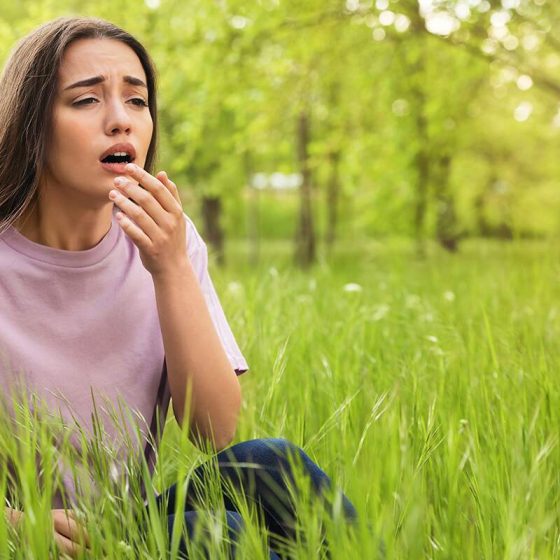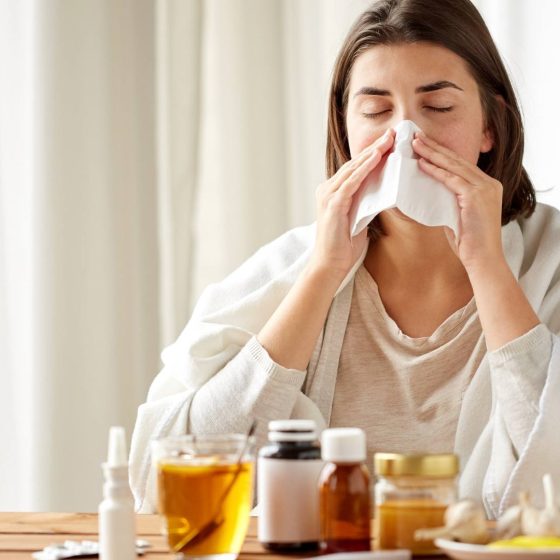Altitude sickness
What is altitude sickness? Altitude sickness, also known as mountain sickness, can happen if you travel to a high altitude. Altitude sickness can affect anybody — being young or physically fit does not decrease the risk. Whether or not you get altitude sickness could depend on: your height above sea level the time you took to make the ascent whether or not you have any problems affecting your heart and lungs Altitude sickness can be fatal if not treated. What are the symptoms of altitude sickness? If you have altitude sickness, you are likely to feel dizzy and weak, you might also have a headache and feel



